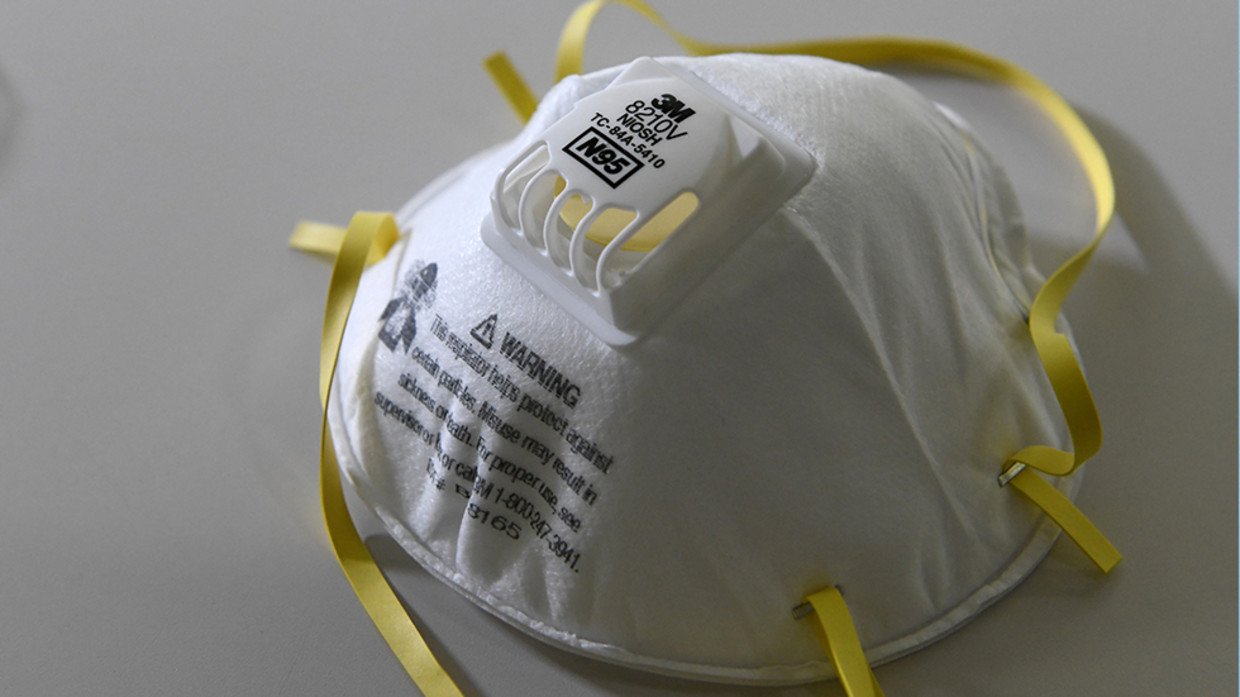While shortages of protective equipment against Covid-19 are still common worldwide, researchers have created a hydrophobic membrane that makes the surgical grade N95 mask, used globally in hospitals, reusable and more effective.
Populations have been advised that the masks mitigate the risks of Covid-19, as the virus is believed to be transmitted via respiratory droplets. But the production has not been able to keep up with demand, especially when it comes to N95 masks, believed to be the most effective.
Researchers from King Abdullah University of Science and Technology and the University of California reported in the monthly science journal ACS Nano that the membrane works where the masks do not because the typical N95 masks can only filter about 85 percent of particles smaller than 300nm.
The hydrophobic membrane cleans itself as droplets slide off of its surface and back into the air. This prevents the mask's pores from getting clogged up by viruses and other particles, adding to the new technique’s efficacy.
Also on rt.com ‘Don’t give 2 rats’ a**es about your cops’: NYC police unions call on health commissioner to resign after refusal to provide masksTo ensure breathability, the researchers measured the airflow through a nanoporous membrane. They discovered that pores smaller than the virus needed to be placed a maximum of 330nm from each other to achieve good breathability.
It is hoped that the harsh environmental impact these masks cause can be reduced dramatically if a reusable mask was developed.
At the beginning of May, the UCL Plastic Waste Innovation Hub estimated that 66,000 tonnes of contaminated plastic mask waste would be generated annually if we were unable to find a reusable mask alternative.
Think your friends would be interested? Share this story!


